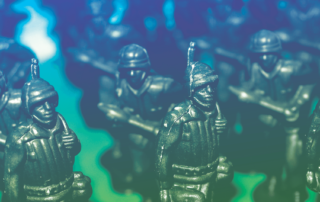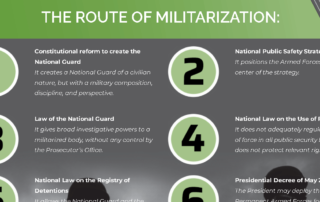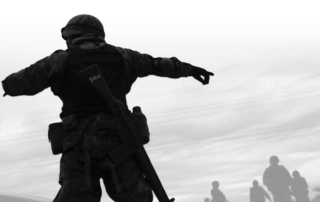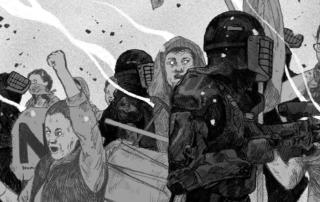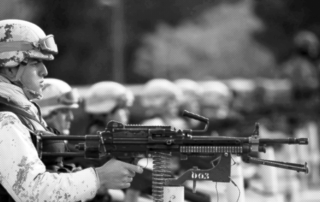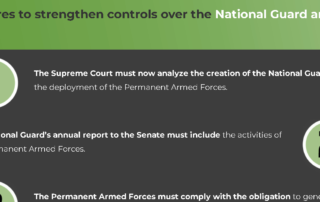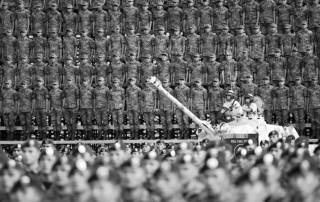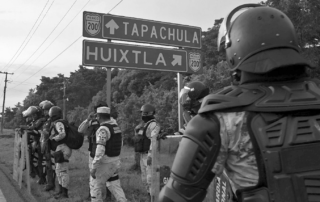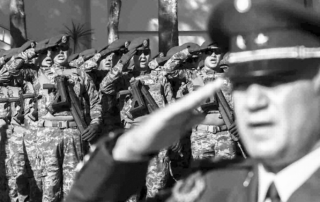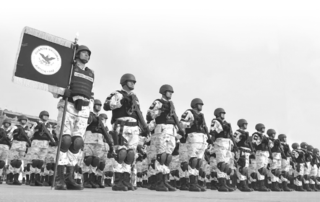Constitutional reform and secondary laws:
distorting the civilian nature
In the constitutional reform undertaken to create the National Guard, one of the most relevant modifications is contained in Article 21. This transformation provides for the existence of a National Guard “of a civilian, disciplined and professional nature” that will be governed by a “police doctrine.”
Although this did not mean that the guarantee contained in this article, that all public safety institutions must be civilian, was lost, transitory articles were added that directly contradict this mandate.
The Second, Fifth and Sixth Articles provide broad intervention to the Armed Forces in public security tasks. First, it is ordered that the Guard be made up of elements from the Federal Police, Military Police and Naval Police. Moreover, it is provided that during the five years in which the Guard must be established, the President of the Republic may have the Permanent Armed Forces available for said tasks. In addition, the possibility is provided for military discipline and perspective to prevail for at least those first five years. In fact, this opened the door for the civilian character of the Guard to become a dead letter.
Subsequently, the National Public Security Strategy was drawn up –which puts the Armed Forces at the center of the strategy— and secondary laws were approved: the National Guard Law, the National Use of Force Law and the National Law on the Registry of Detentions.
Although in paper the existence of these laws represented a step forward giving that the regulation of the use of force and the national registry of arrests were an old demand from human rights groups, these norms contain several deficiencies that become serious in light of the distorting of the civilian character of the National Guard.

